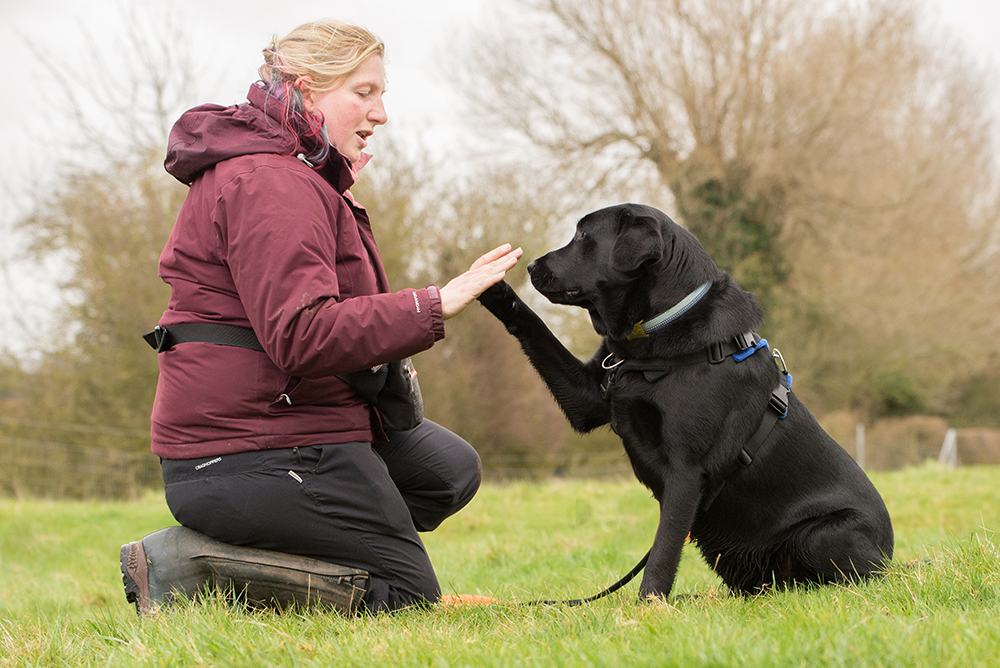
Training is an important aspect of being a responsible and dynamic dog owner. It not only helps your dog learn new skills and behaviours but also strengthens your bond and improves communication between you and your four-legged friend. We tend to focus on how our dog can make progress, but remember YOU are 50% of the team so, let's explore some valuable tips to help ensure you make the most of your training sessions.
Set Aside Dedicated Time
One of the keys to successful training sessions is setting aside dedicated time, no matter how short, to work with your dog, we all know time flies by. Blocking out a set time in your diary each week will help you to form a reliable habit and have time to focus on training. This could be by attending a training class at the same time each week, practising exercises or watching online videos - having a structured training schedule is crucial. By setting aside this time, you demonstrate your commitment to your dog's development and prioritise their training needs.Leave Your Baggage at the Door
As dog owners, we often carry emotional baggage from our daily lives. Stress, worries, and hectic schedules can affect our mindset and, subsequently, our training sessions. It's important to leave these concerns at the door and focus on being present with your dog during training. Dogs live in the moment, and their ability to learn and respond is influenced by our own emotional state. So, take a deep breath, clear your mind, and give your undivided attention to the training session with your furry friend.Understanding the Emotional Capacity of Dogs
To truly connect with our dogs and get the best from our training sessions, it's essential to understand their emotional capacity. Dogs experience basic emotions such as happiness, stress, anxiety, and sadness, but they lack the complex range of emotions that humans possess. They live in the present and associate direct consequences with their actions. As dog owners, we need to acknowledge these differences and adapt our approach accordingly.Managing Your Emotional Bucket
Have you heard of the spoon theory or the emotional bucket analogy? These frameworks help us understand our emotional capacity and how it affects our interactions with others, including our dogs. Consider your emotional bucket as a container that holds stress and worries. Every time a stressful event occurs, water is added to the bucket. When it overflows, it spills over, leading to emotional reactions. Just like us, dogs have emotional buckets that can fill up and result in reactive behaviours. By recognising the state of our emotional bucket and taking steps to manage it, we can create a more positive and productive training environment for both ourselves and our dogs.Prioritise Patience and Realistic Expectations
Training takes time, patience, and consistency. It's important to set realistic expectations for your dog and avoid putting unnecessary pressure on both of you. Remember that each dog is unique and will progress at their own pace. Celebrate small victories and be understanding when setbacks occur. Consistency and positive reinforcement go a long way in achieving your training goals.As dog parents, it's our responsibility to provide the best training experience for our furry companions. By setting aside dedicated time, managing our emotional state, and understanding our dog's emotional capacity, we can create a supportive and enriching training environment. Remember, training is not just about teaching commands; it is a journey of mutual learning and understanding, strengthening the bond between you and your dog. So, go forth and make every training session a meaningful and enjoyable experience for both you and your beloved four-legged friend.
If you found these tips helpful, don't forget to subscribe to our podcast for more exciting episodes on dog ownership and training.
Potter Paws is a Dog Training School in Buckinghamshire.